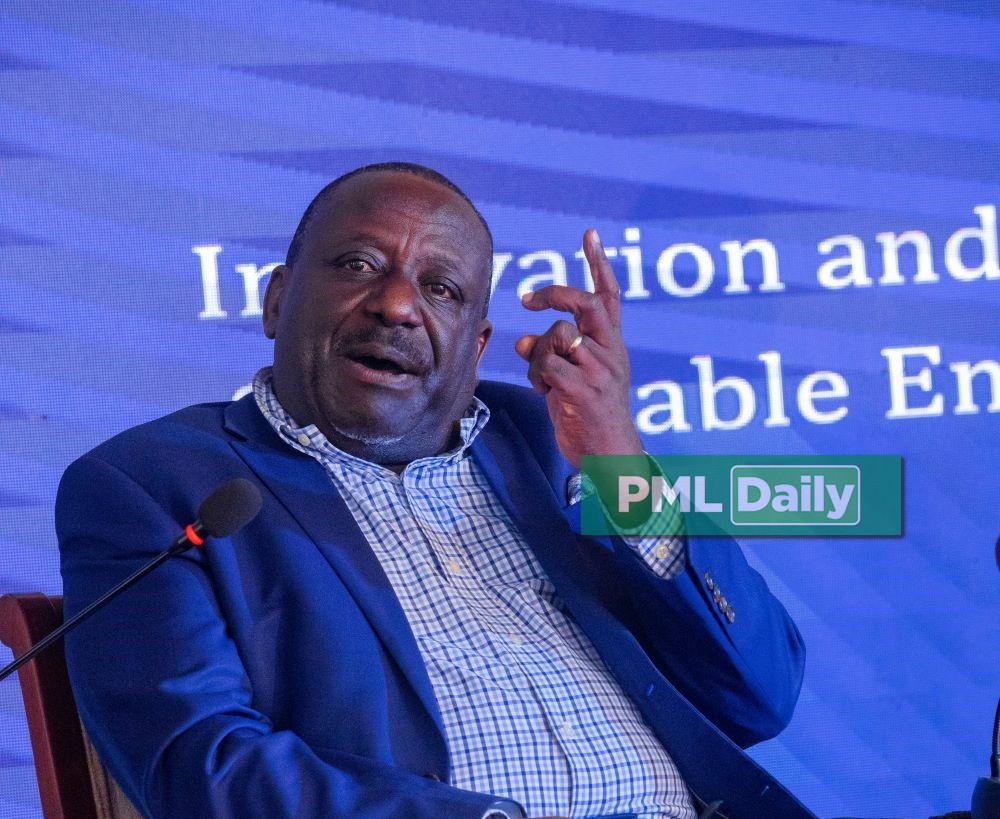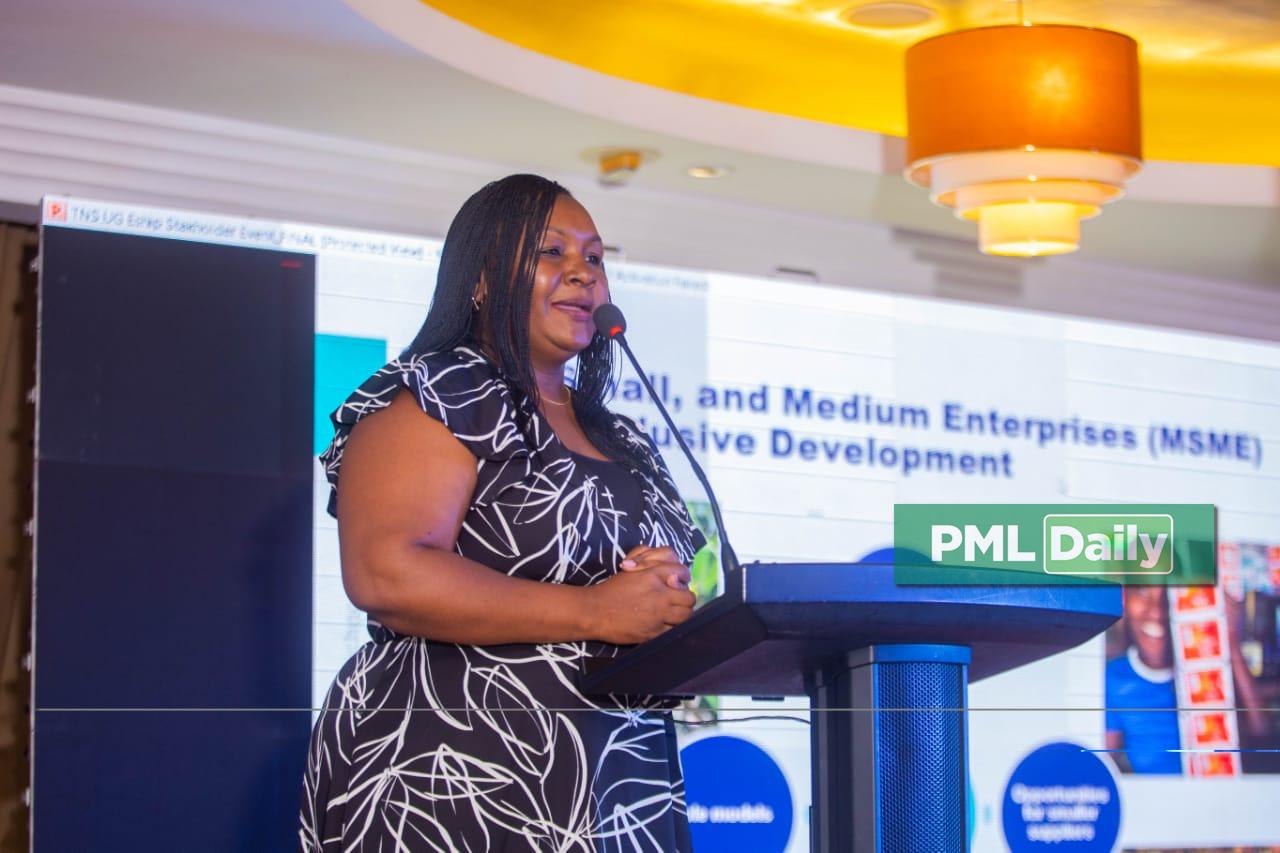
KAMPALA – Entrepreneurs and business communities have been urged to take advantage of the internet facilities installed by the government to grow their businesses and better their livelihoods.
The government has indicated although telecom companies have significantly rolled out robust network systems across the country to promote ICT-related business, few people are embracing the use of information technology platforms to promote their respective businesses.
Mr. Nyombi Thembo, the director, Uganda Communications Universal Service and Access Fund (UCUSAF) a universal service fund for communications under the Uganda Communications Commission told reporters that although the telecom companies have introduced the 4G and the 5G-Network respectively, very few people in the community have gadgets that allow them to access such networks.
Speaking at the inauguration of the Entrepreneurship Uganda Stakeholder’s Forum organized by Techno server in Kampala, he said with the improved internet connectivity, speeds, and data there is a lot of useful information available, but it has not been fully utilized by the Ugandan entrepreneurs.
Nyombi says, yet it’s only through the use of such Morden Network that communities such as farmers will be able to market their products, and also grow their businesses with ease.
“We have seen the cost of internet going down. Some seven years back I think it was $700 Mbps, today it is 70, and in the new licensing regime, I think we are we have indicated to these companies that it has to have reach around $30 falling again another 50%,” he indicated.
Information is a raw material for decision making and therefore every entrepreneur should be able to access connectivity in these times of using ICTs.” He added.
He says digital platforms are important in the promotion of agricultural start-ups because they help improve food security by making the food system more efficient, sustainable, and equitable.
“Our young people who are in business can now market their products at very, very low costs, reaching a massive population and getting a lot of likes and that will help them,” Nyombi added.
Uganda’s government recently announced a 50% reduction in the cost of Internet connection.
Uganda’s move comes amid growing calls on the continent to make internet access more accessible.
According to an International Telecommunication Union survey published last year, Africans paid more than three times the global median price for mobile broadband services and more than five times the global median price for fixed broadband.

Previously, internet prices were about $1,200 per Mbps then were reduced prices to 600 $ in 2014 and a further $300 in 2016 as more Government MDAs and public offices were connected to the National Backbone Infrastructure. The National Backbone now extends to all regions of the country spanning 4,300km extending connectivity to around 4,360 Government offices.
The government says that there is an expectation that the cost of internet offered by NITA-U will continue to decrease in the coming years. This anticipation is based on the agency’s plans to roll out the Uganda Digital Acceleration Project-UDAP which will extend internet coverage from the current 53 major districts and ten border points to the entire country, including every parish.
The low internet penetration in Uganda has been attributed to several factors. One of the main reasons is the high cost of internet and smartphones. These expenses can be prohibitive for a significant portion of the population, making it challenging for them to access and use the internet regularly. Furthermore, the lack of adequate infrastructure, particularly in remote and rural areas, contributes to the low internet penetration in the country.
Meanwhile, Alice Waweru, the Entrepreneurship Program Director, East Africa at TechnoServe revealed that the organization has embarked on equipping entrepreneurs with digital skills in addition to other business skills in order to make their expected contribution to the economy and subsequently alleviate poverty.
She said the TechnoServe Stakeholder Forum sought to bring sector players to work closely with the government to help entrepreneurs overcome business challenges including skills and finance gaps.





